Epoxy vs. Tile: Choosing the Right Floor for Your Commercial Project
When selecting flooring for a commercial space, durability, aesthetics, and functionality are paramount. Two popular options that often top the list are epoxy flooring and tile. Both offer distinct advantages and cater to specific project requirements. In this article, we’ll delve into the key differences between epoxy and tile flooring, helping you make an informed decision for your commercial project.
Epoxy Flooring: A Durable and Versatile Option
Epoxy flooring has surged in popularity within commercial settings due to its exceptional durability and low maintenance requirements. Composed of a resin and hardener mixture, epoxy creates a seamless, monolithic surface that effectively resists a wide array of chemicals, stains, and impacts. This robust flooring solution can withstand heavy foot traffic, industrial equipment, and exposure to harsh chemicals, making it an ideal choice for high-stress environments. Furthermore, its seamless surface prevents dirt and bacteria buildup, significantly reducing cleaning and upkeep efforts.
Epoxy flooring also offers remarkable aesthetic versatility, as it can be customized with a vast range of colors, patterns, and finishes to perfectly match your brand identity or desired ambiance. While the initial investment may be higher, the long lifespan and minimal maintenance costs associated with epoxy flooring often offset this expense over time. As a result, epoxy flooring is particularly well-suited for industries such as manufacturing, healthcare, food processing, and retail, where hygiene, safety, and longevity are paramount.

Tile Flooring: Timeless Elegance and Durability
Tile flooring has long been a favored choice for commercial spaces, offering a vast array of materials, colors, and patterns to suit diverse tastes and styles. Ceramic, porcelain, and natural stone tiles are popular options, each possessing unique characteristics. These tiles are celebrated for their durability, exhibiting resistance to scratches, stains, and moisture, making them ideal for high-traffic areas.
Moreover, tile flooring presents endless design possibilities, allowing for the creation of visually captivating spaces that leave a lasting impression. With a wide range of materials and finishes available, tile can be seamlessly integrated into both indoor and outdoor settings. As a result, tile flooring is frequently selected for commercial spaces such as restaurants, hotels, retail stores, and lobbies, where aesthetics and a touch of luxury are paramount.
Epoxy vs. Tile: Which is Right for Your Project?
The decision between epoxy and tile flooring hinges on several key factors. Budget is a primary consideration, with epoxy typically demanding a higher upfront investment but offering lower long-term maintenance costs. Tile prices fluctuate based on material and installation complexity. Aesthetic preferences also play a role, as epoxy delivers a sleek, modern look while tile provides a classic and versatile aesthetic. Both epoxy and tile boast durability, but epoxy excels in high-stress environments, whereas tile offers superior resistance to scratches and stains. Maintenance-wise, epoxy requires minimal upkeep, while tile may necessitate occasional grout cleaning and sealing. Finally, installation timeframes differ, with epoxy typically being faster and easier to install compared to the more labor-intensive process of tile installation.
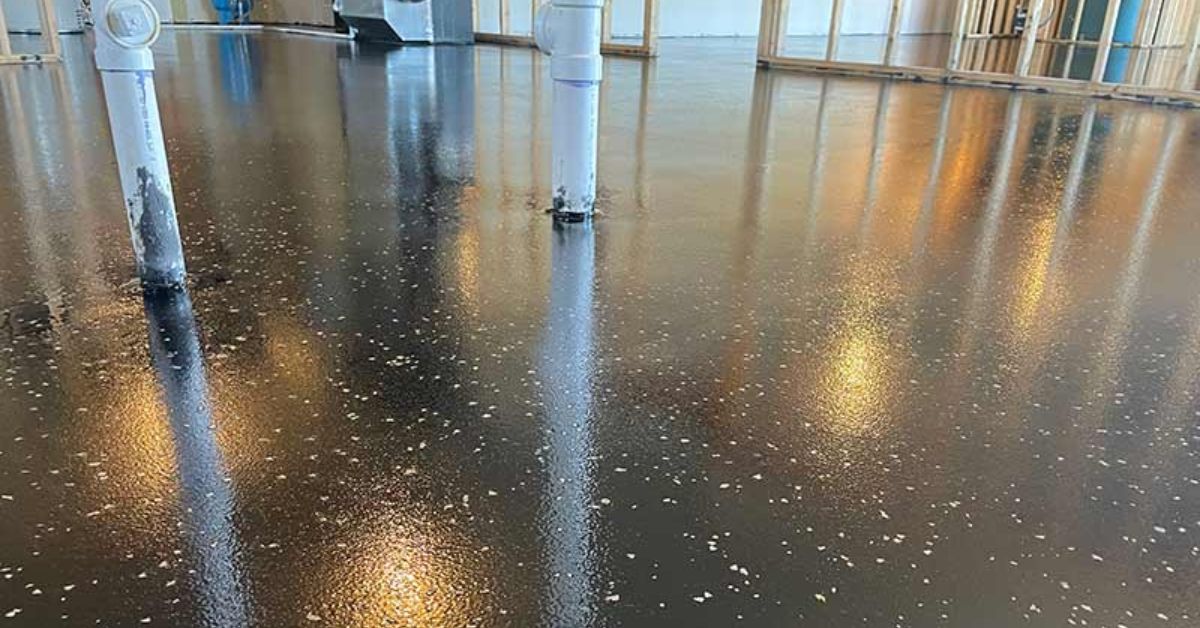
Ultimately, the ideal flooring choice depends on your specific needs, budget constraints, and desired aesthetic. By carefully weighing these factors, you can select the flooring solution that aligns perfectly with your commercial space and contributes to a successful project.
Epoxy Flooring: A Strong Foundation for Your Business
Ultimately, the best flooring choice for your commercial project depends on your specific needs, budget, and aesthetic preferences. Epoxy flooring offers exceptional durability, low maintenance, and customization options, making it ideal for high-stress environments. Tile flooring provides timeless elegance, versatility, and durability, making it a popular choice for spaces prioritizing aesthetics. By carefully considering these factors, you can select the flooring that best suits your commercial space and contributes to a successful project.

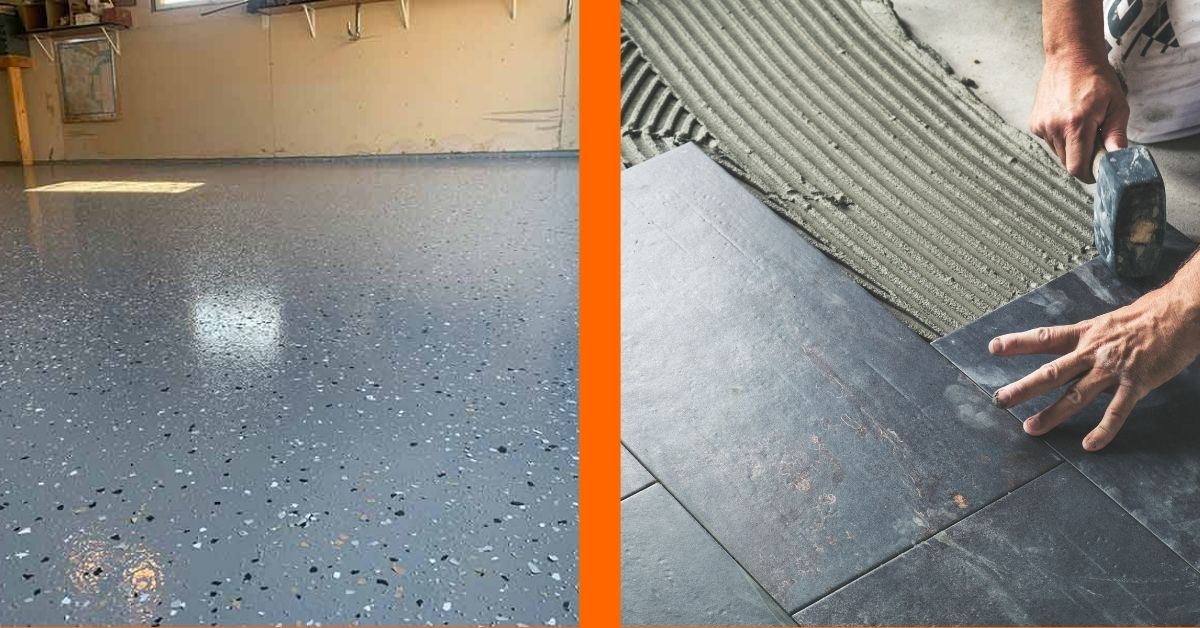
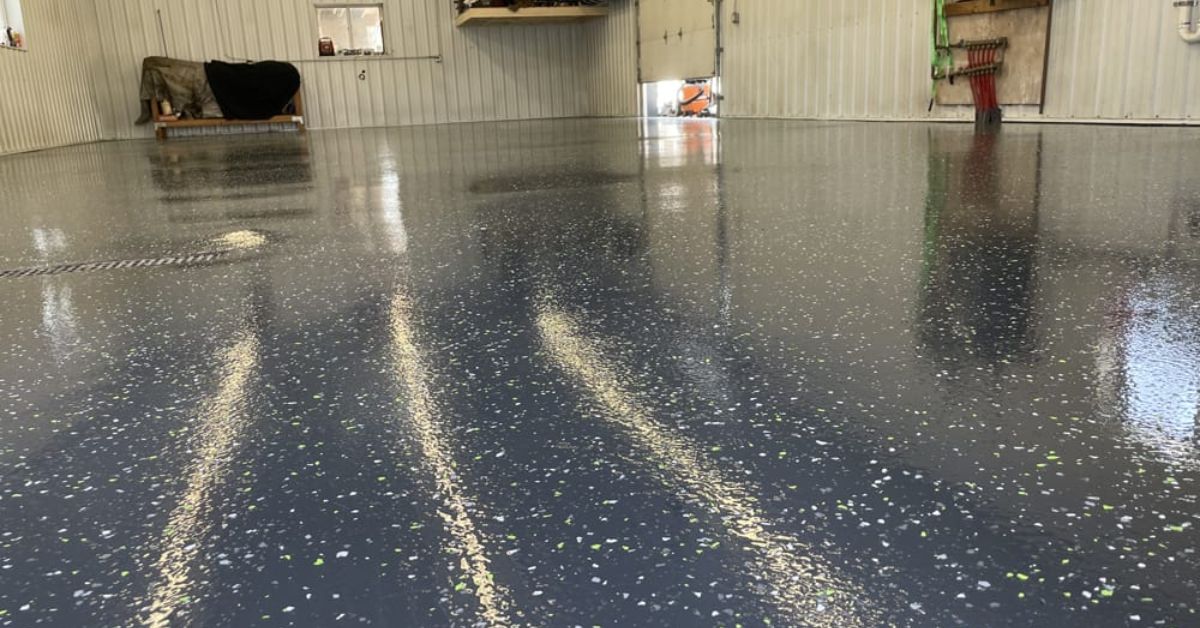





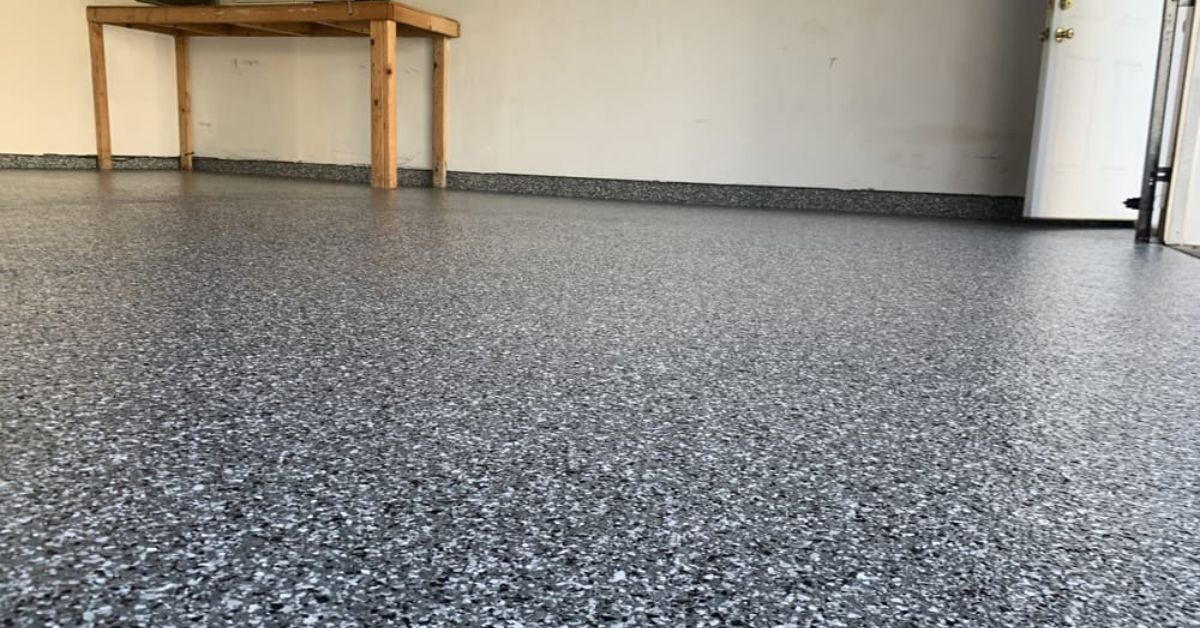



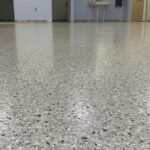

Leave a Reply
Want to join the discussion?Feel free to contribute!